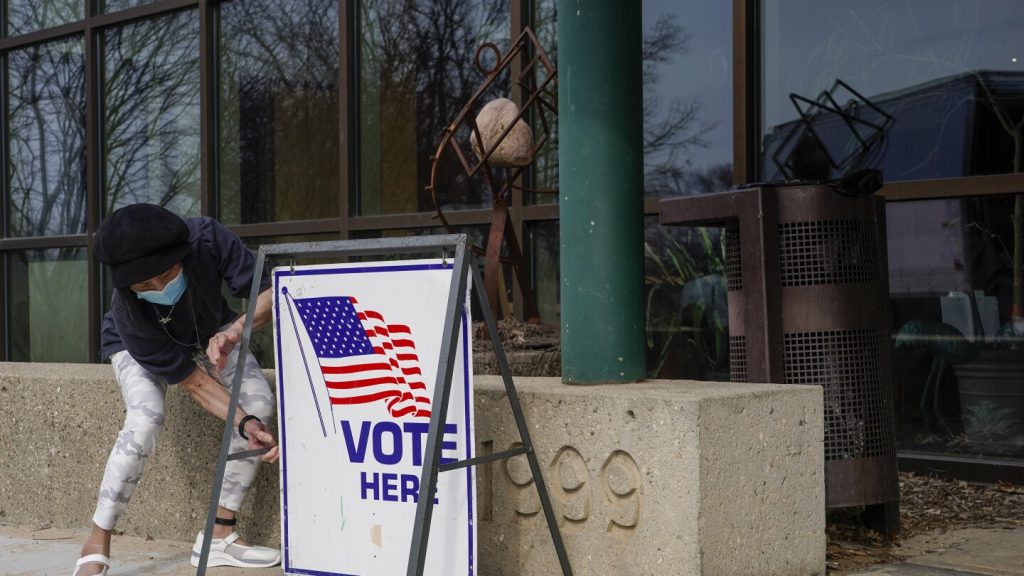Voting rights advocates in Wisconsin have requested investigations from state and federal authorities regarding anonymous text messages targeting young voters, warning them not to vote in a state where they are ineligible. The messages referenced Wisconsin state law prohibiting voting in more than one place and threatened fines and prison time for violations. This prompted concerns among students at the University of Wisconsin and members of the League of Women Voters. With Wisconsin known for close presidential elections, these efforts to deter young voters are seen as potential voter suppression tactics.
The League of Women Voters, in their request for investigation, expressed concerns that eligible young voters may be frightened into not voting due to these misleading text messages. Students in Wisconsin are allowed to register to vote at either their home address or their school address. The U.S. Department of Justice has not commented on the issue, while the Wisconsin Department of Justice has stated that they are taking the allegations seriously and will review the information for potential violations of election law. The lack of official complaints about the text message has made it difficult for the Wisconsin Elections Commission to determine if any laws have been broken.
University officials in Wisconsin have stated they are unaware of any security breaches that could lead to leaked student contact information. Despite concerns from officials and advocates, nearly 240,000 absentee ballots had already been returned in Wisconsin as of Monday. The text message was sent as voters in the state were starting to cast absentee ballots, and the upcoming 2024 election is garnering attention with former President Barack Obama planning to join current vice presidential nominee Tim Walz for an early voting rally. Wisconsin is one of the key states in Vice President Kamala Harris’ strategy to secure victory in the election.
While the Wisconsin Elections Commission has not received formal complaints about the text message, they acknowledge the concerning nature of the message and the intimidation it may cause recipients. They advise voters to rely on official sources for election information and to ignore unsolicited text messages. This incident underscores the importance of protecting voter rights and ensuring that all eligible individuals have the opportunity to participate in the democratic process. As investigations are initiated by authorities, the impact of these messages on young voters in Wisconsin remains a significant concern for advocates and officials alike.


